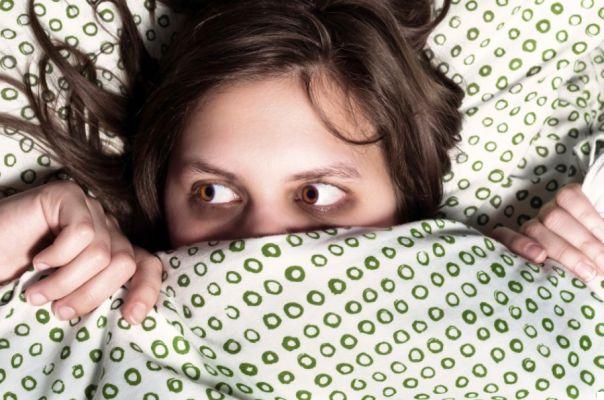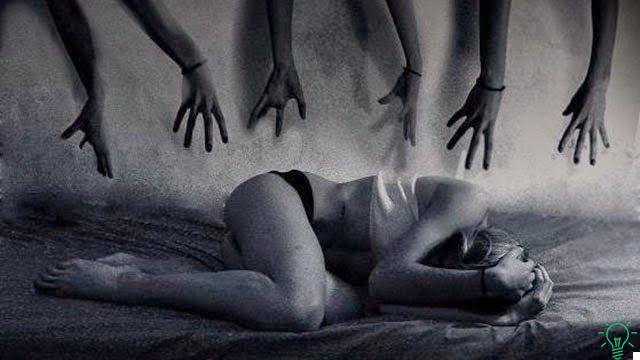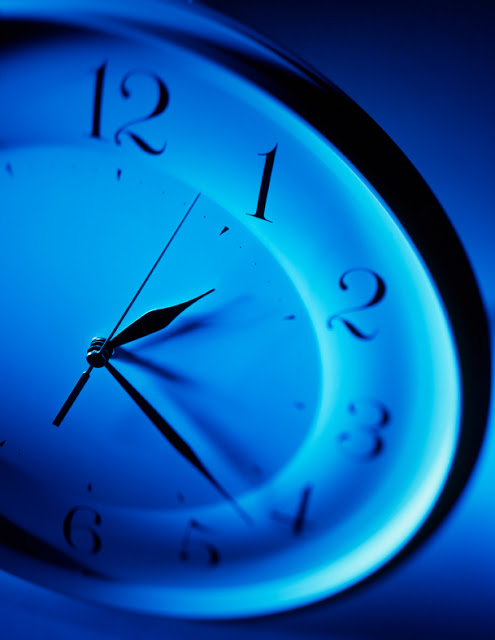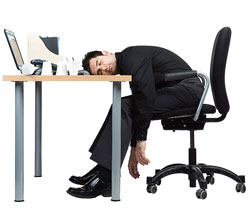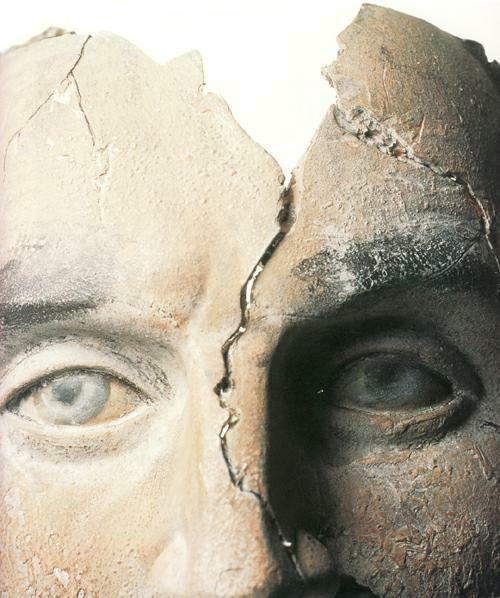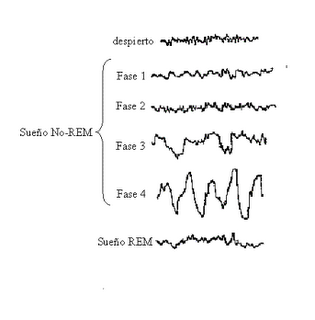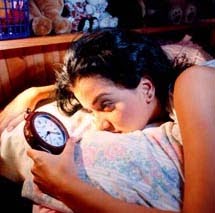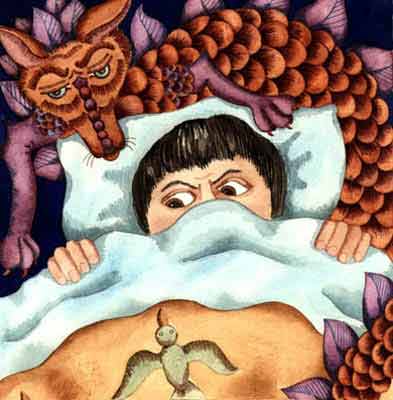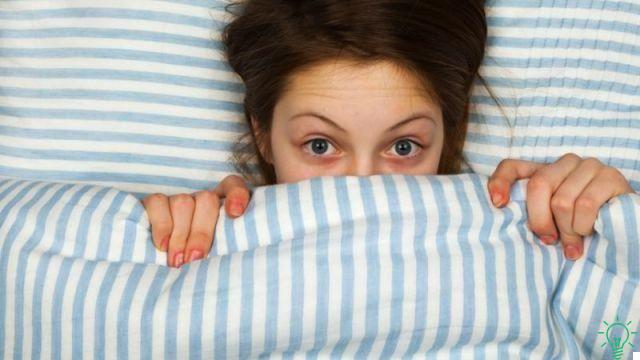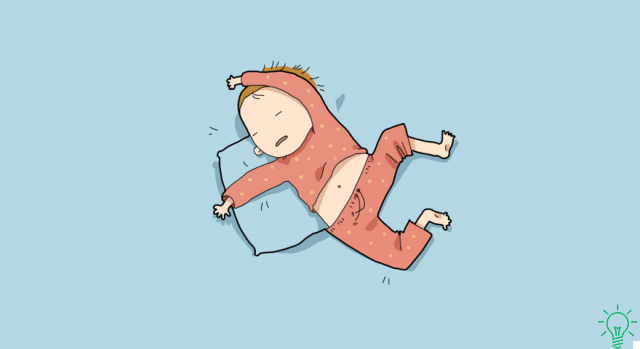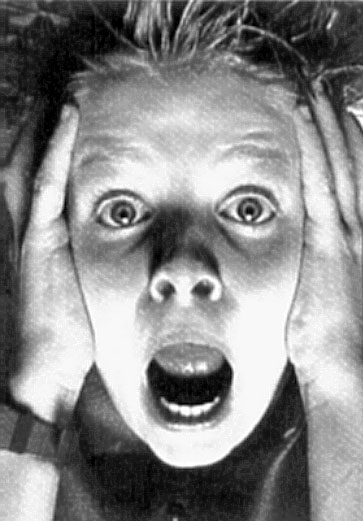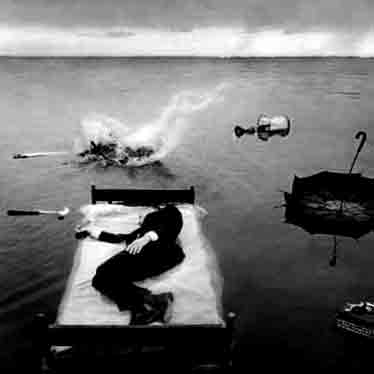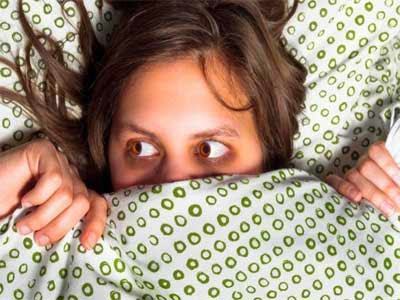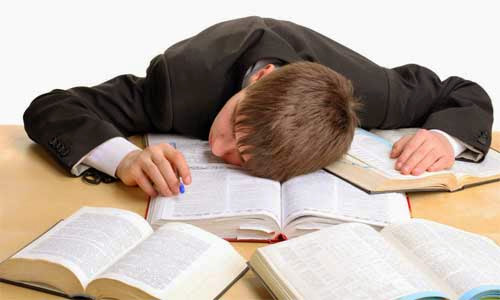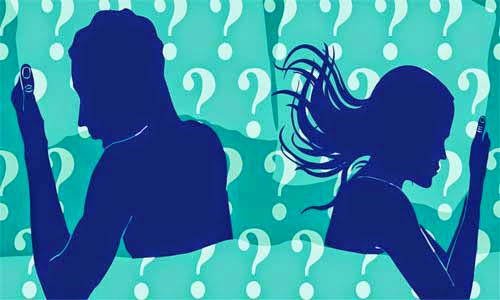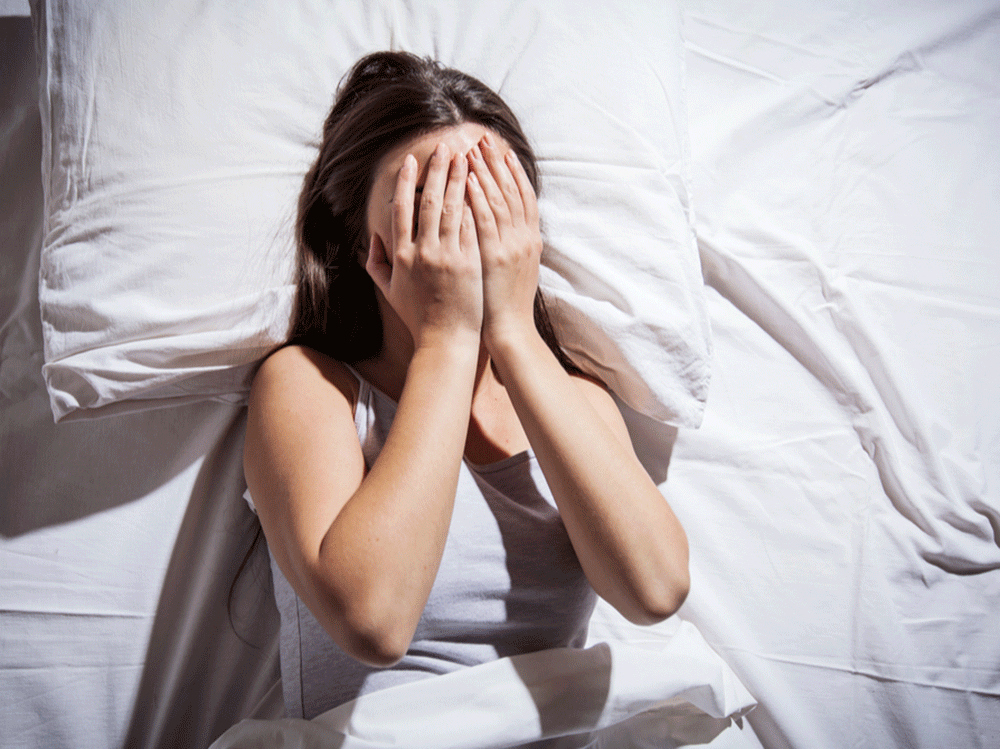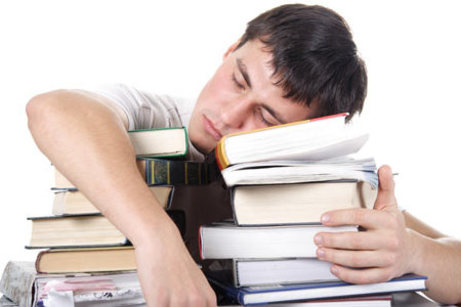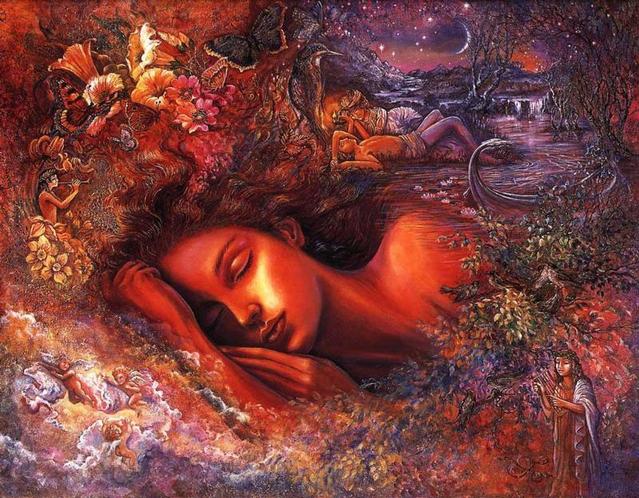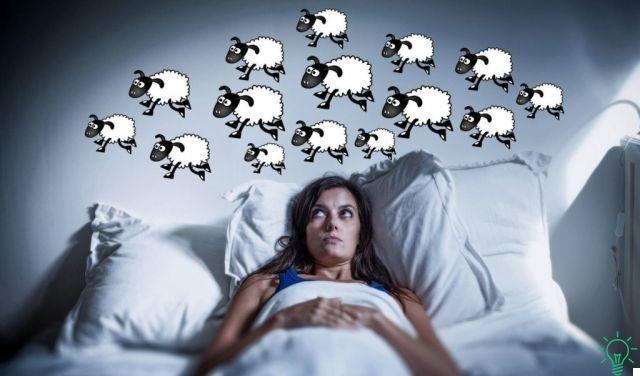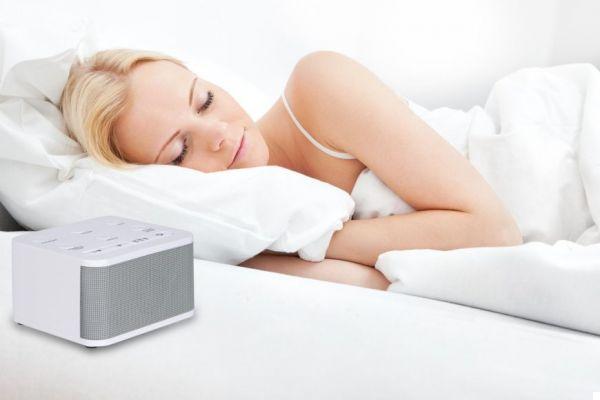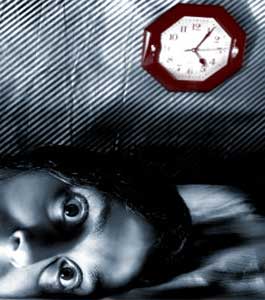 Insomnia it is sleeping badly, inadequately; sleep is not restorative and is characterized by difficulty in reconciling and maintaining it, or one wakes up too early. The most acute cases include those people who cannot sleep through the night. Approximately 50% of people have tried, at least on a few occasions, to fight against insomnia. Currently, 10% of people suffer from insomnia chronic. However, it should be emphasized that insomnia is almost always a symptom of something different. It is estimated that 95% of cases of insomnia are caused by psychological alterations or disorders, while only the remaining 5% would be due to organic problems. As you can imagine, the number of those suffering from insomnia is increasing more and more, due to the stress inherent in the modern living conditions typical of large cities, where the struggle with economic factors and time considerably increase the tension to which you are subjected. Other causes that should not be underestimated are moments of sudden stress, illness, obsessive-compulsive syndrome, psychosis or drug use. However, the most common causes are: depression and anxiety. When the person is anxious, they have trouble finding sleep, while the depressed person usually wakes up early in the morning and has difficulty getting back to sleep. Naturally, those who suffer from insomnia suffer from it throughout the day, as they begin to experience difficulties in their performance caused by problems with concentration, memory impairment, irritability and aggression. Curiously, even though people report experiencing daytime fatigue due to sleep deprivation, polysomnographic studies show that there is no increase in physiological signs of sleepiness, suggesting that the feeling of fatigue may be purely subjective. Among the different types of insomnia, insomnia stands out due to its chronicity primary. This is characterized by its duration that goes beyond a month, the influence it has on the person's performance and because it is not a consequence of chronic diseases or substance consumption. People with primary insomnia usually have a combination of difficulty sleeping and wake up frequently throughout the night. At the same time they complain that they have not had a restorative sleep, that is to say, they have the feeling that the sleep was restless, shallow and of poor quality. This disorder is associated with an increase in the level of physiological and psychological alertness during the night, combined with a negative conditioning that prevents sleep. Evidently, the worries and discomfort deriving from the inability to sleep generate a vicious circle: the more one tries to sleep, the more frustrated the person is at not being able to do so and so he sleeps less. Lying on a bed where you have previously had sleepless nights can help generate unconditional activation. Conversely, sometimes the person can sleep easily when they don't want to, perhaps while watching television, reading or driving. Many people with primary insomnia have a history of superficial sleep or previous problems with depression and anxiety. Most cases begin suddenly, coinciding with some stressful situations even if they persist for a long time after the root cause has disappeared. Primary insomnia generally begins in the early stages of adult life; however, there have been exceptional cases of occurrence in infancy. The most frequent course of insomnia consists of an initial phase in which the worsening is progressive over weeks or months, followed by a chronic phase of sleep disturbance that can even last for years. The solution is not simple, but there are some dedicated online programs, for example, for the purpose of facilitating sleep.
Insomnia it is sleeping badly, inadequately; sleep is not restorative and is characterized by difficulty in reconciling and maintaining it, or one wakes up too early. The most acute cases include those people who cannot sleep through the night. Approximately 50% of people have tried, at least on a few occasions, to fight against insomnia. Currently, 10% of people suffer from insomnia chronic. However, it should be emphasized that insomnia is almost always a symptom of something different. It is estimated that 95% of cases of insomnia are caused by psychological alterations or disorders, while only the remaining 5% would be due to organic problems. As you can imagine, the number of those suffering from insomnia is increasing more and more, due to the stress inherent in the modern living conditions typical of large cities, where the struggle with economic factors and time considerably increase the tension to which you are subjected. Other causes that should not be underestimated are moments of sudden stress, illness, obsessive-compulsive syndrome, psychosis or drug use. However, the most common causes are: depression and anxiety. When the person is anxious, they have trouble finding sleep, while the depressed person usually wakes up early in the morning and has difficulty getting back to sleep. Naturally, those who suffer from insomnia suffer from it throughout the day, as they begin to experience difficulties in their performance caused by problems with concentration, memory impairment, irritability and aggression. Curiously, even though people report experiencing daytime fatigue due to sleep deprivation, polysomnographic studies show that there is no increase in physiological signs of sleepiness, suggesting that the feeling of fatigue may be purely subjective. Among the different types of insomnia, insomnia stands out due to its chronicity primary. This is characterized by its duration that goes beyond a month, the influence it has on the person's performance and because it is not a consequence of chronic diseases or substance consumption. People with primary insomnia usually have a combination of difficulty sleeping and wake up frequently throughout the night. At the same time they complain that they have not had a restorative sleep, that is to say, they have the feeling that the sleep was restless, shallow and of poor quality. This disorder is associated with an increase in the level of physiological and psychological alertness during the night, combined with a negative conditioning that prevents sleep. Evidently, the worries and discomfort deriving from the inability to sleep generate a vicious circle: the more one tries to sleep, the more frustrated the person is at not being able to do so and so he sleeps less. Lying on a bed where you have previously had sleepless nights can help generate unconditional activation. Conversely, sometimes the person can sleep easily when they don't want to, perhaps while watching television, reading or driving. Many people with primary insomnia have a history of superficial sleep or previous problems with depression and anxiety. Most cases begin suddenly, coinciding with some stressful situations even if they persist for a long time after the root cause has disappeared. Primary insomnia generally begins in the early stages of adult life; however, there have been exceptional cases of occurrence in infancy. The most frequent course of insomnia consists of an initial phase in which the worsening is progressive over weeks or months, followed by a chronic phase of sleep disturbance that can even last for years. The solution is not simple, but there are some dedicated online programs, for example, for the purpose of facilitating sleep.





